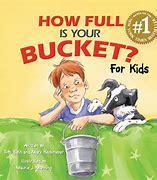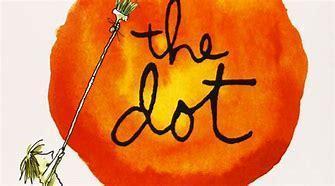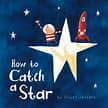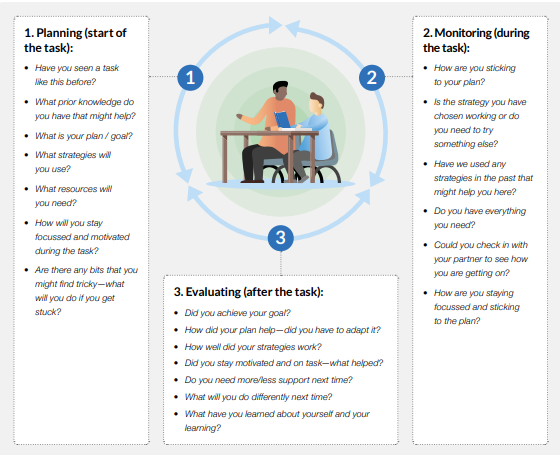Growth Mindset
Professor Carol Dweck, an American psychologist, found out that children (and grown ups) with a growth mindset believe abilities can be developed through effort, persistence, trying different ways of doing things and very importantly learning from mistakes.
Have you ever said 'I can't do that!' or 'I'm not good at this!'? Then that's a fixed mindset. People with a fixed mindset believe that our abilities are fixed traits; something that you are born with and that you can’t do anything about.
At St James we believe in a GROWTH MINDSET where we say 'I can't do that YET' or 'I'm not good at this YET'. We believe that achievement takes hard work and lots of effort and if we believe we can we will. So next time something is tricky remember to use that important word:
YET
Have you received a 'Great Growth Mindset' award this term? If you have then you have been remembering to persevere when things are tricky and to try to reach for the stars.
Learning Behaviours
To help us reach our goals we try to have good learning behaviours.
- Seeking a challenge
- Concentrating
- Listening
- Learning from mistakes
- Having a go
- Persevering
- Talking
- Helping others
Here are some of the stories and videos which we think help to remind us to have a growth mindset.

by T.Rath and M.Reckmeyer

by P. Reynolds

by Oliver Jeffers
Ron Berger 'Ethic of Excellence'
//www.youtube.com/embed/XLeUvZvuvAs#t=0.5
Supporting Children's Independence
Metacognition means that children are able to plan, monitor and evaluate their learning. This process supports independent learning behaviours which is then celebrated in our weekly celebration assembly.
We use this tool to support us as teachers by providing questions that encourage pupils to think metacognitively about their learning. This might be done by modelling the questions to the children or ask them directly.


 St James Church
School
St James Church
School


